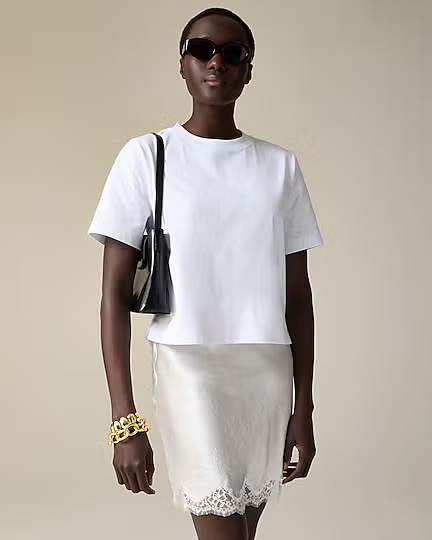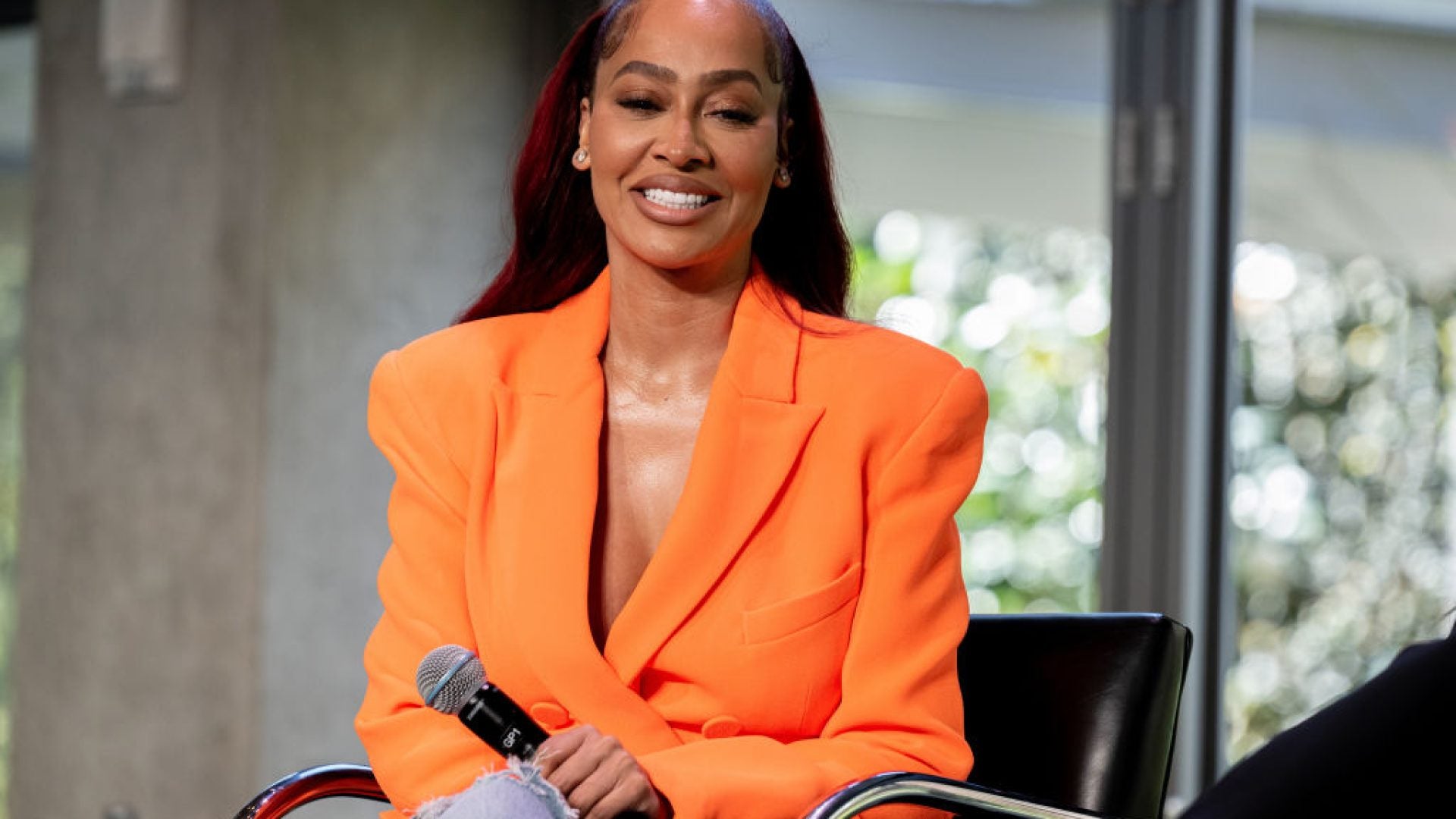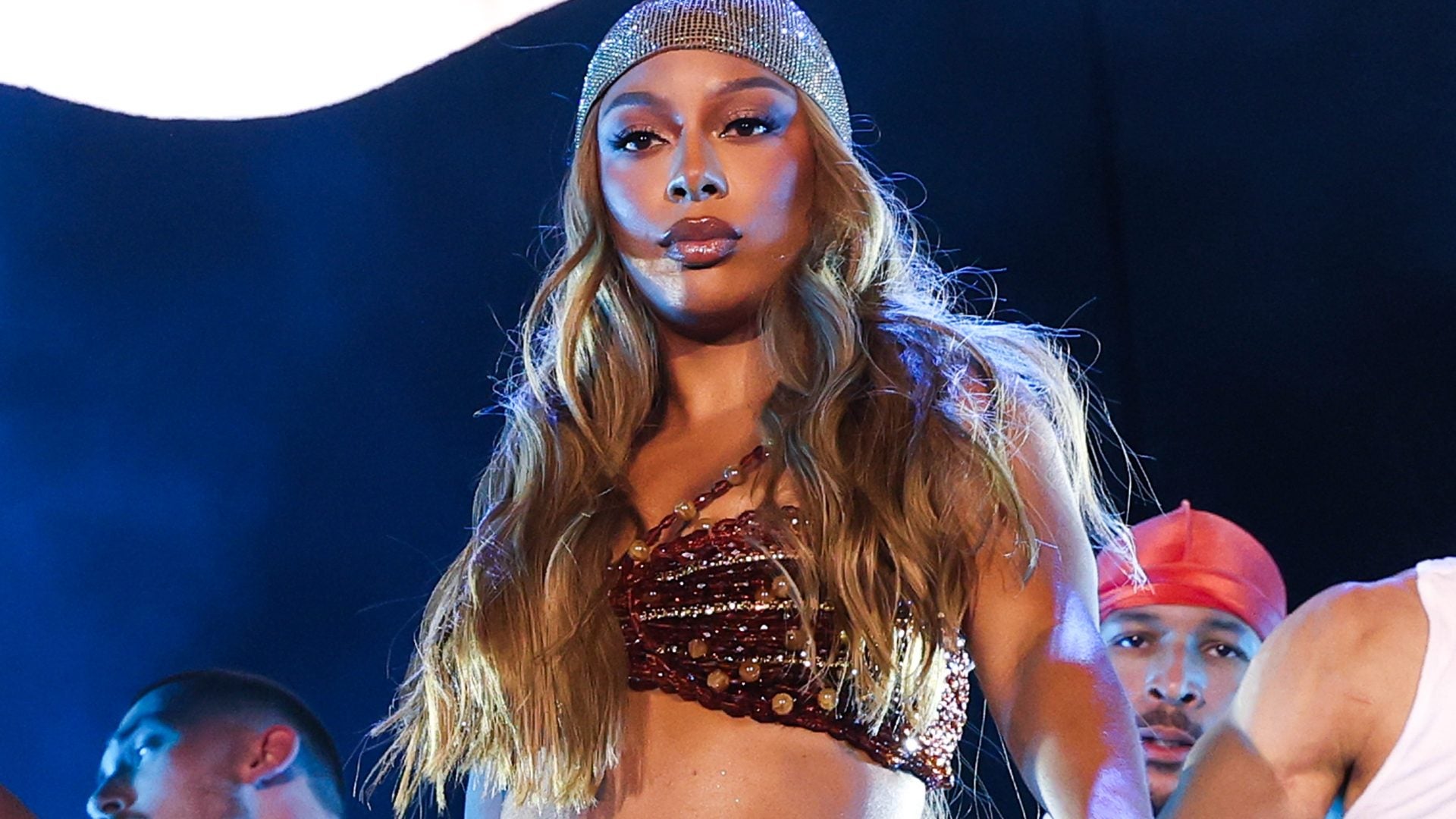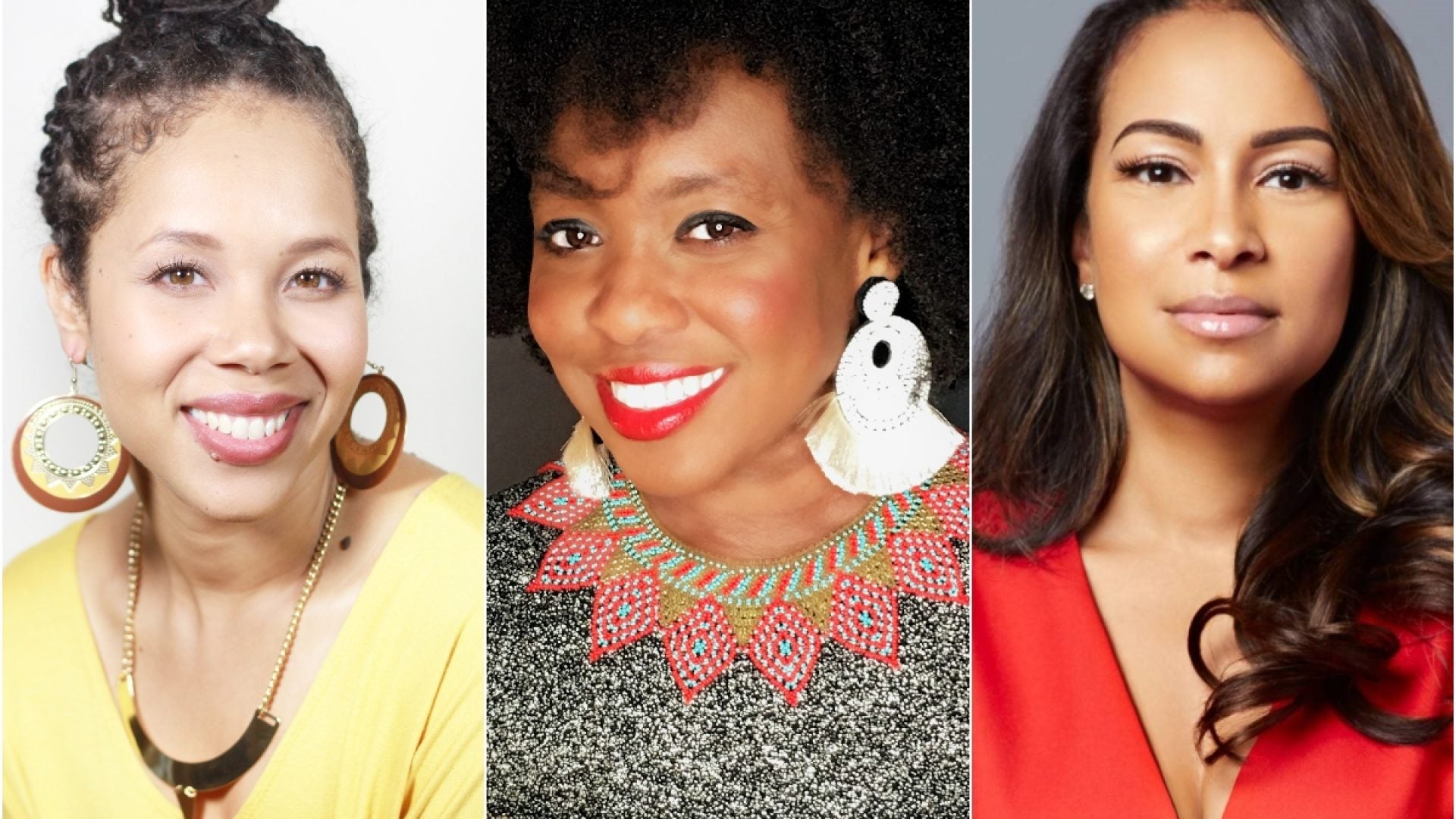
It’s no secret both industry insiders and music fans have taken issue with the way Black artists have been recognized by the Grammy Awards over time. Every year, Twitter is set ablaze when nominations don’t acknowledge the talent of Black singers, songwriters, rappers, and producers across genres, with many artists publicly decrying how they’ve been snubbed. This year The Weeknd is the latest singer to announce he’ll boycott the annual ceremony after he failed to garner any nominations for his album After Hours.
When such conversations arise, the word that most resounds with critics is representation. The argument being that if there were more of it behind the scenes, there would then be greater diversity on the stage. What most people may not know is three powerhouses by the name of Kelley Purcell, Valeisha Butterfield Jones, and Qiana Conley have been active change agents within the Recording Academy for the past several years, advocating for Black representation on stage and in the boardroom and making sure no artist is left behind.
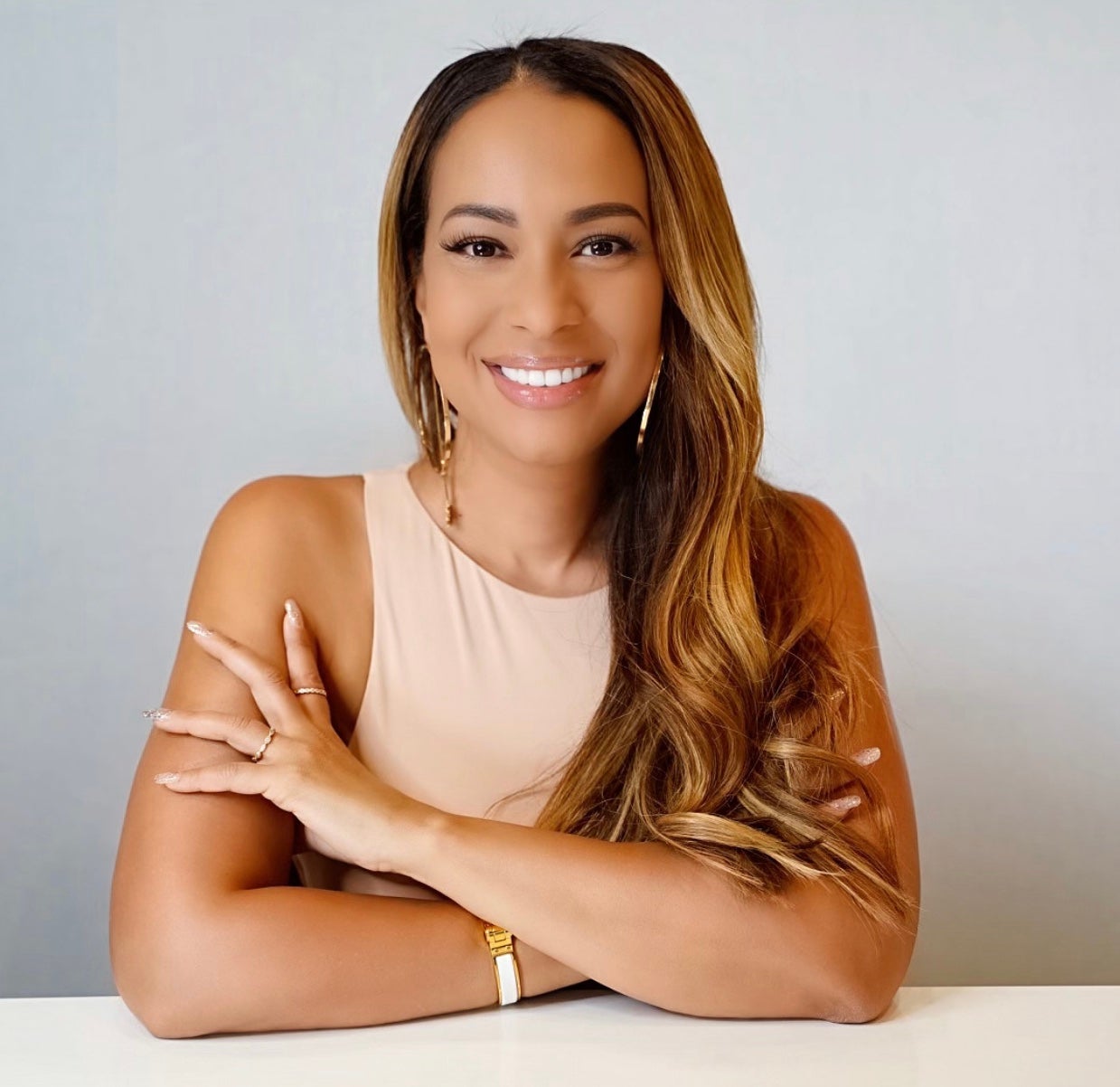
“I don’t think there’s anything more important than Black women being represented at The Recording Academy and across music,” says Butterfield Jones. “Obviously, we are three Black women who work in leadership roles in the music industry but I know I would not be here if it were not for a Sylvia Rhone, a Debra Lee, a Cathy Hughes – strong Black women who, by example alone, helped me understand that this was even possible when I was a young girl.”
Butterfield Jones, Purcell, and Conley each play an important part in improving racial and gender representation throughout the music industry, whether it be a nominated artist or an executive getting their flowers. During her first 60 days as Chief Diversity, Equity and Inclusion Officer, Butterfield Jones performed a data analysis across every vertical within the organization looking at race, ethnicity, gender and age to find opportunities for improvement. “Data analysis was a big part of our work to understand our baseline,” she explains.
As the VP of Member and Industry Relations, Purcell is presently leading national recruitment efforts to diversify Academy membership from the ground up. She’s been at The Recording Academy for nearly seven years, starting her career as an Executive Director of a chapter and eventually making her way into more strategic roles before officially becoming vice president. Of her current position, she says, “I’m excited to be part of making sure that our membership is a true and wonderful reflection of the music industry and also that we’re leaders.”
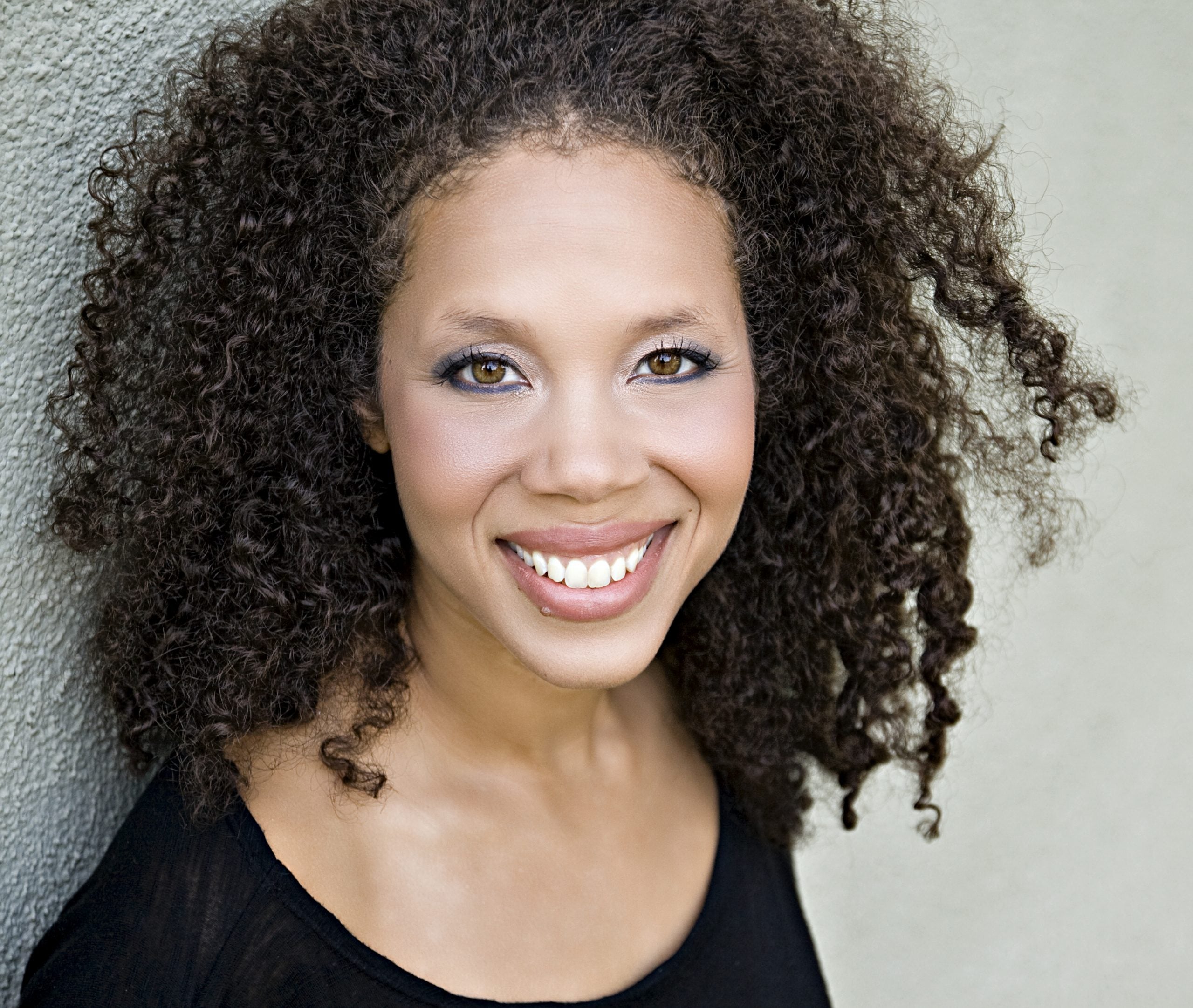
Conley oversees Los Angeles membership as the LA Chapter Executive Director, which is one of 12 chapters with roughly more than 24,000 members. She celebrates Los Angeles as a melting pot of musical genres with artists of varying races and professional levels that all need to be served. “We try to be very specific in what we’re doing. We localize the needs of the community, we listen and respond,” Conley says. “How can we be all things to all people? It’s about the programming and connectivity.”
Examples of that programing are “Care for the Culture,” a Livestream panel conversation hosted last summer that centered around Black Lives Matter, and “Stay In, Come Out, Let’s Talk” which facilitated discussions about LGBTQ+ experiences within the music industry this past July.
When it comes to Black women specifically, Conley says, “It’s really important for me to protect our healing and our ability to self-care, specifically in the way that we work. I do think that it’s really important as we continue to protect Black women in the music business that we protect their innocence, their brilliance, their opportunity for rest and spirituality, their beauty and their honor.”
Physical protection is important as well, Conley adds, noting “Studios haven’t historically been safe spaces for women but I think we’re in an era where that is changing. It’s not a solo sport, we need our men involved too. If a studio is filled with all men and there’s one woman there, be intentional about making it a safe space.”
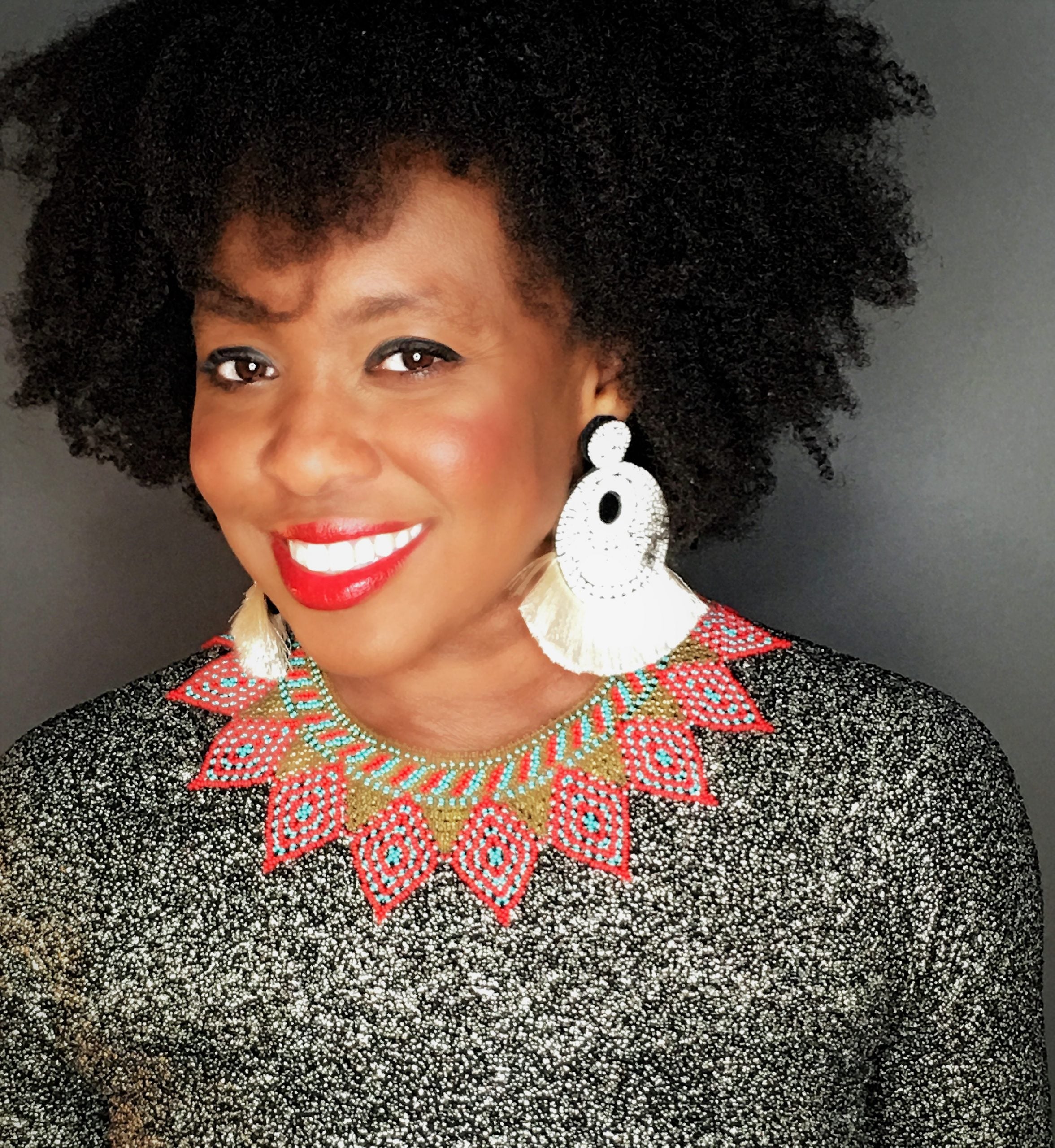






Simplifying the matter, Butterfield Jones adds, “Have our back. Not through your words but through your actions. I believe that talk is cheap. I’d like to see it through changed behavior. You can’t love our talent and our music but hate what we bring into the boardroom as an executive and as a leader. You can’t have both.”
She holds the industry at large accountable for assigning equal value — and fair compensation — to the people in front of and behind the camera. “The responsibility doesn’t solely fall on our shoulders and it’s not our job alone, but I’m glad that we’re in the room now to be part of the change that is happening.”
By 2025, The Recording Academy plans to double its number of female voters and increase engagement in voting and advocacy. Purcell is excited about the progress they’ve made toward that goal so far. “When I think of the next five years, I want to see a membership that truly is representative in terms of genre and geography not just in the U.S. but across the world.”

